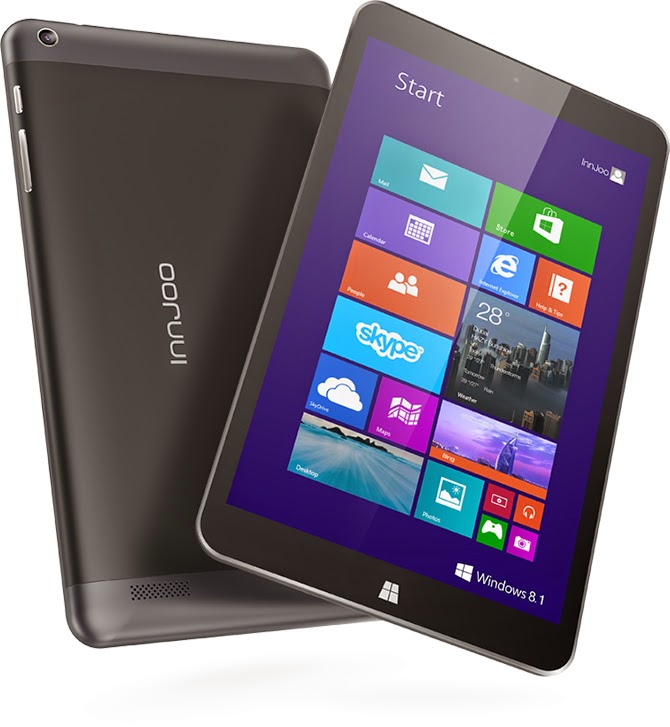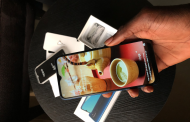As Microsoft tries again, with a major bang to become relevant in the mobile community, the software giant has take some practical steps to rival Google’s Android and Apple’s iOS which control over 90% of global mobile devices available to users.
Unlike BlackBerry which let users run Android apps on BlackBerry 10 devices, Microsoft is taking another technical approach to break the backbone of Android and iOS with its hotly anticipated unified Windows 10 OS releasing this summer.
Developers are not willing to build apps on the unpopular Windows phones, but Microsoft may have found a way to turn the tides. Apps built for Android and iOS would be able to run on Windows 10 devices. Unlike BlackBerry’s approach, where you had to sideload Android apps or find a way to install Google Play on the device, the apps would technically be Windows apps, available only within Microsoft app store.
The apps will not use Google services but Microsoft’s, like the Bing maps. This is where Microsoft would be able to get revenue and keep its mobile ecosystem refreshed. You would recall that Samsung, who account for roughly 75% of the total Android market-share finds itself in this dilemma, where Google continues to make huge profits from every Samsung devices sold, this has equally forced Samsung to re-think its mobile strategy with the development of the new Tizen OS, in a attempt to create an ecosystem centered across Samsung, but has been consumed with several embarrassing delays. No one knows for sure, if Tizen would be a success or an instant flop!
Developers will be able to use the vast majority of their Android code to turn their apps into Windows-compatible versions, which will work on Windows phones running a special subsystem, said Microsoft Executive Vice President Terry Myerson in San Francisco at the Microsoft’s developer conference.
Myerson shocked everyone when he revealed plans which made it extremely easy for iOS developers to make Windows apps. He said Microsoft’s developer software will be compatible with Objective C, Apple’s main programming language.
Neither Google nor Apple has responded to Microsoft’s shocking move. No one saw this coming, but should Microsoft play its cards well, Android and iOS should be gearing up for the stiffest competition yet.
Hot:
















